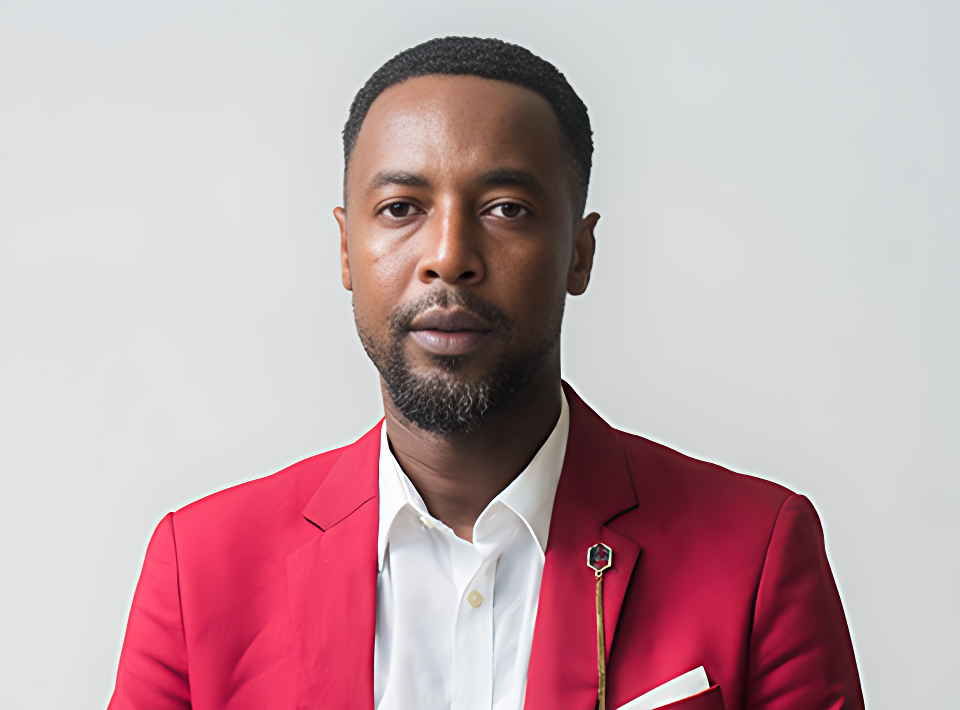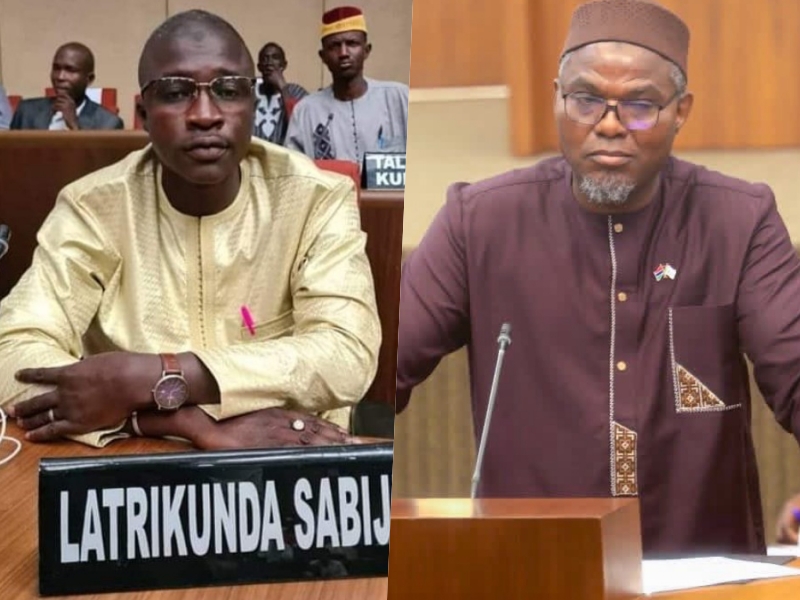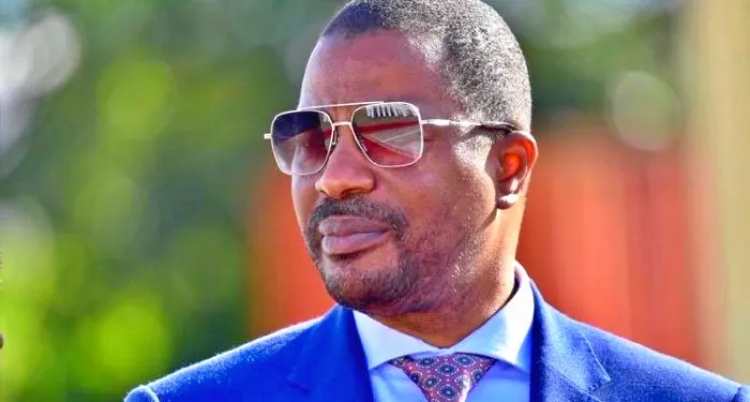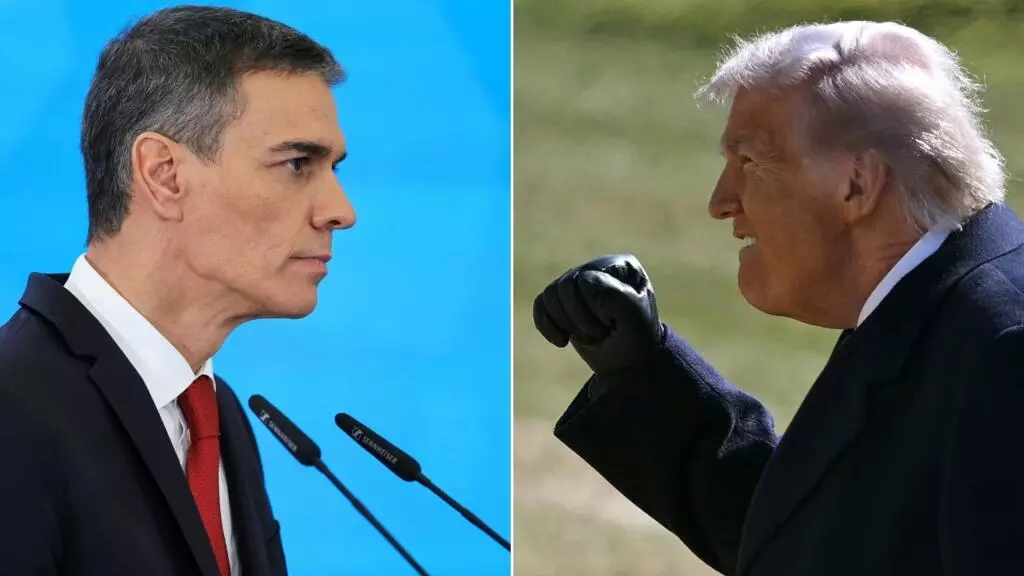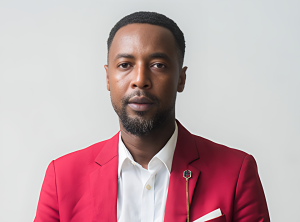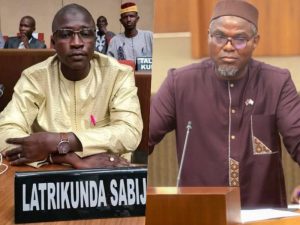Gambiaj.com – (BAMAKO, Mali) – In a dramatic turn of events, eleven prominent opposition figures, including several former ministers, were arrested in Mali, igniting concerns over the country’s political trajectory. Among those detained are Mohamed Ali Bathily of M5 Mali Kura, Yaya Sangaré of Adema, and Moustapha Dicko, also of Adema, at whose home the meeting took place.
The arrested individuals, many of whom are senior leaders of Malian political parties such as the Rally for Mali (RPM) of former president Ibrahim Boubacar Keïta and the Party for Economic Development and Solidarity, the legacy of ex-president Amadou Toumani Touré, spent the night in detention. According to police sources, the detainees have been separated into two groups, with some held at the premises of the judicial investigation brigade (BIJ) and others at Camp One of the gendarmerie in Bamako.
This crackdown follows the Malian transitional authorities’ decision in early April to ban all political activity, targeting Malian parties and associations. During their Thursday evening meeting, the opposition leaders were reportedly preparing draft internal regulations for their platform and an action plan, which included organizing press conferences and rallies aimed at restoring constitutional order.
The detained political executives are expected to be presented to a prosecutor soon, possibly today. Their relatives express deep concern that they might be accused of “attempting to destabilize the State” or “undermining the security of the State”—charges frequently leveled against those critical of the current regime.
Former minister Bathily’s status as a lawyer could influence the legal proceedings, as his profession entails certain procedural protections.
In a press release, the opposition platform of March 31 condemned the arrests, stating, “These practices from another era only confirm the path to dictatorship taken by the authorities in place, with the sole aim of dragging on in power and silencing all democratic voices.”
The detentions have sparked widespread criticism and fears of an escalating crackdown on dissent in Mali, as the country grapples with its political future and the struggle to return to democratic governance.



